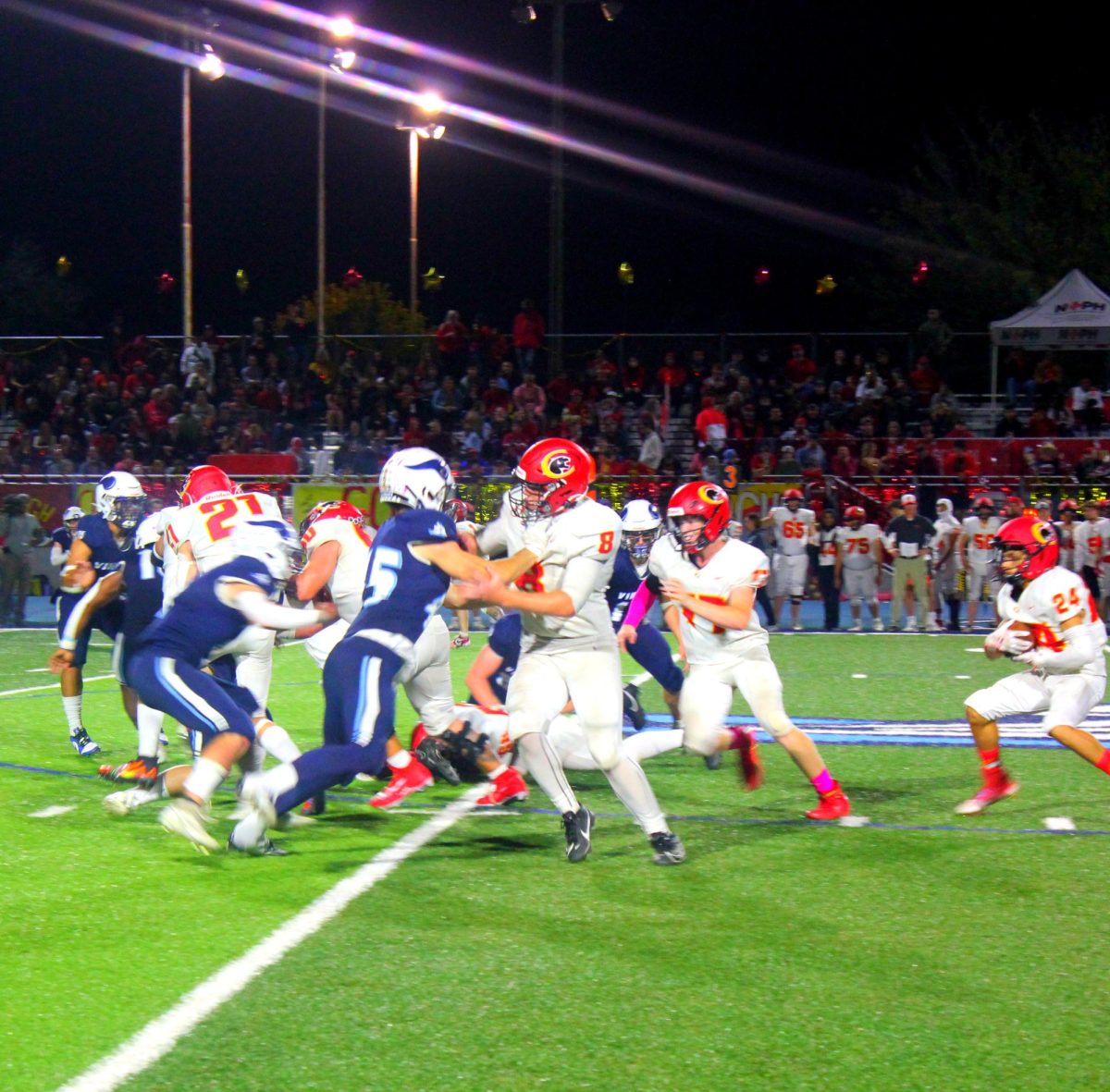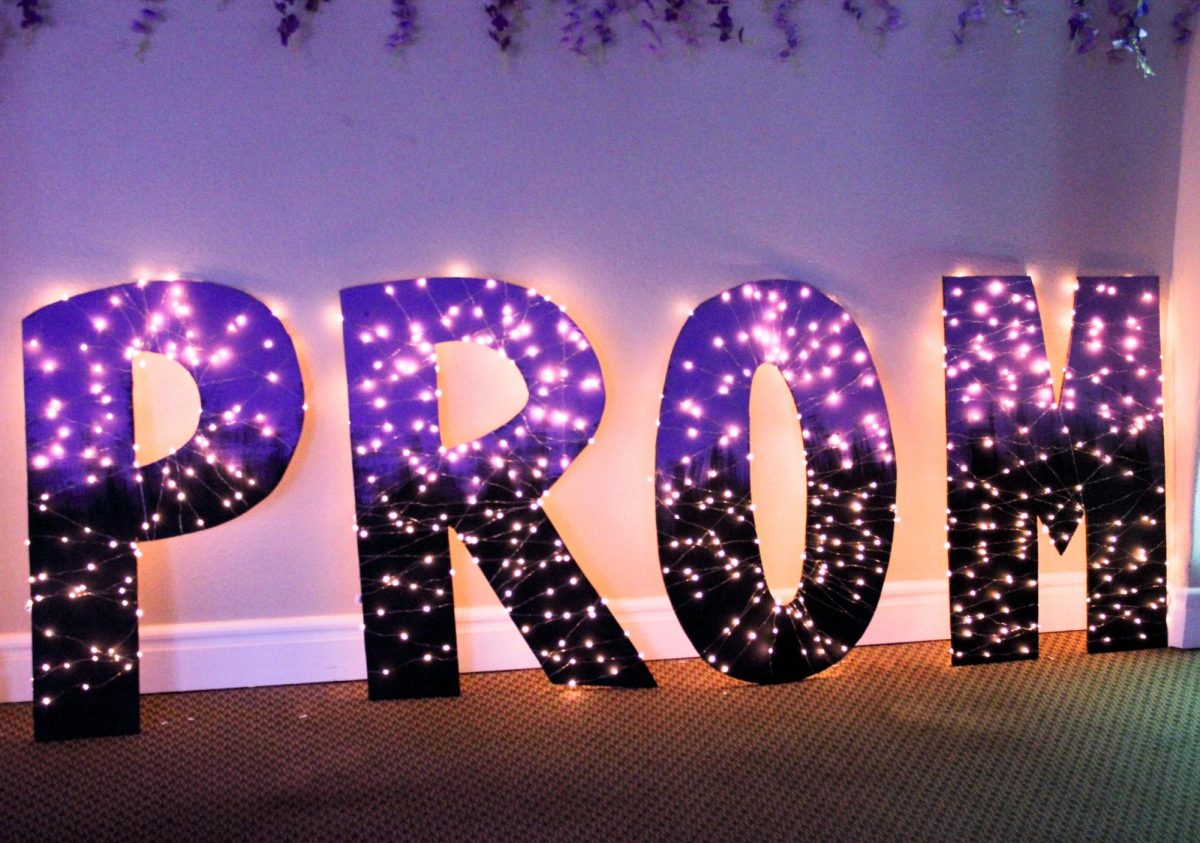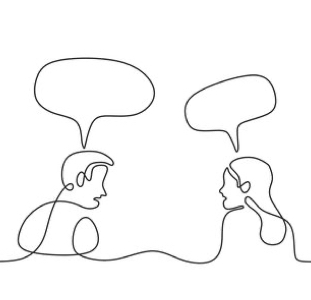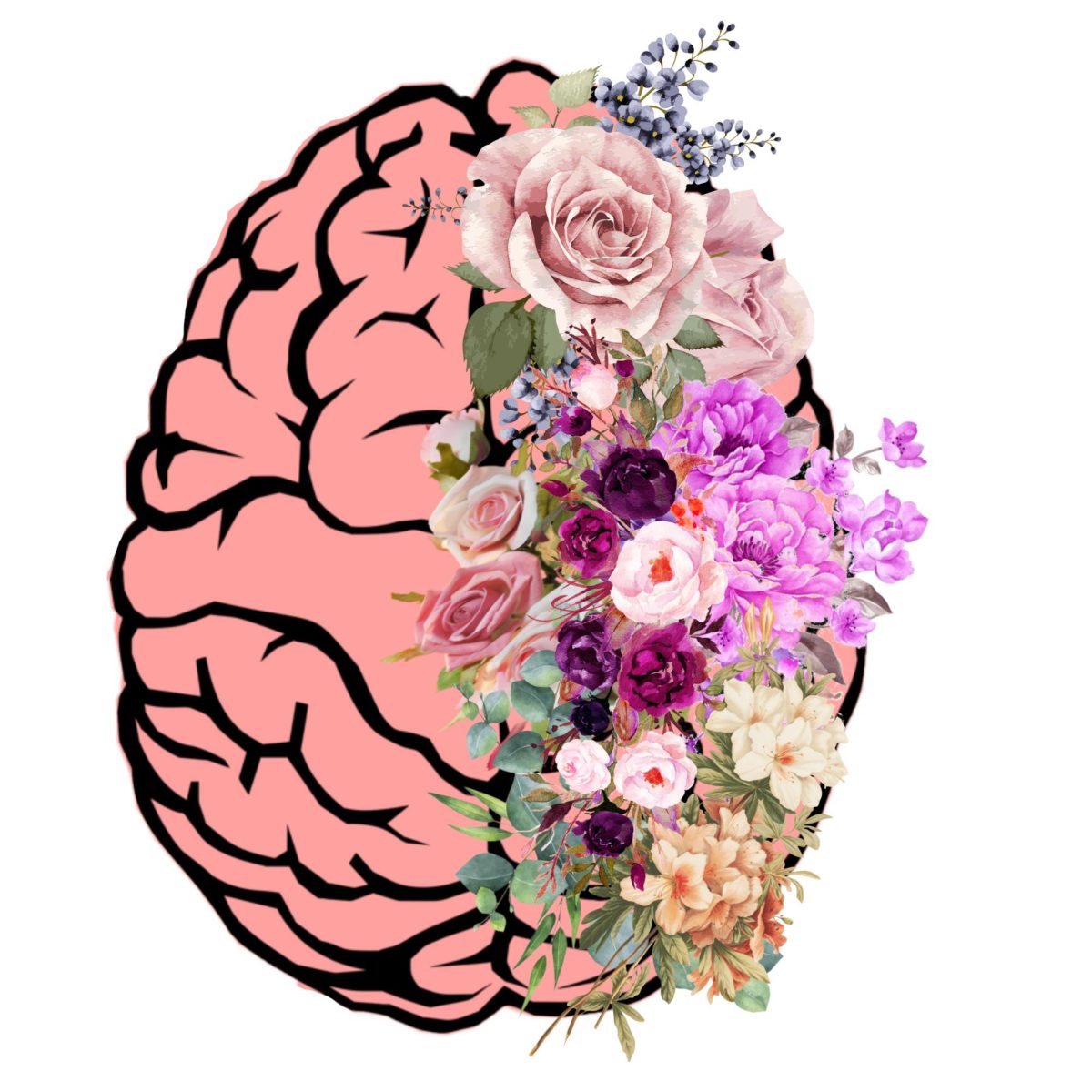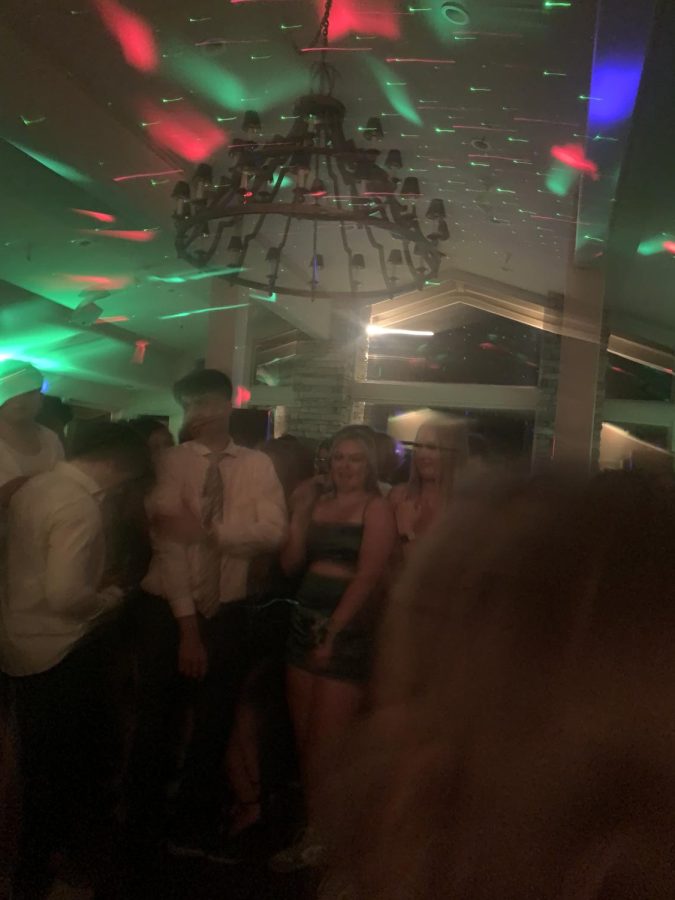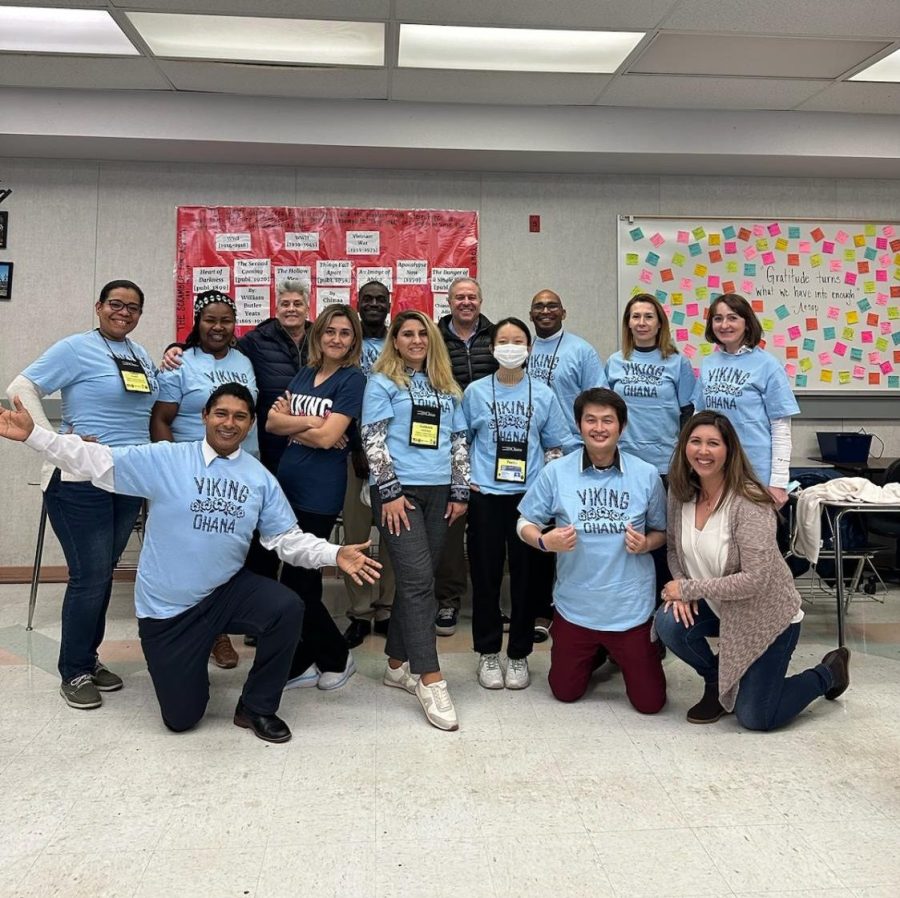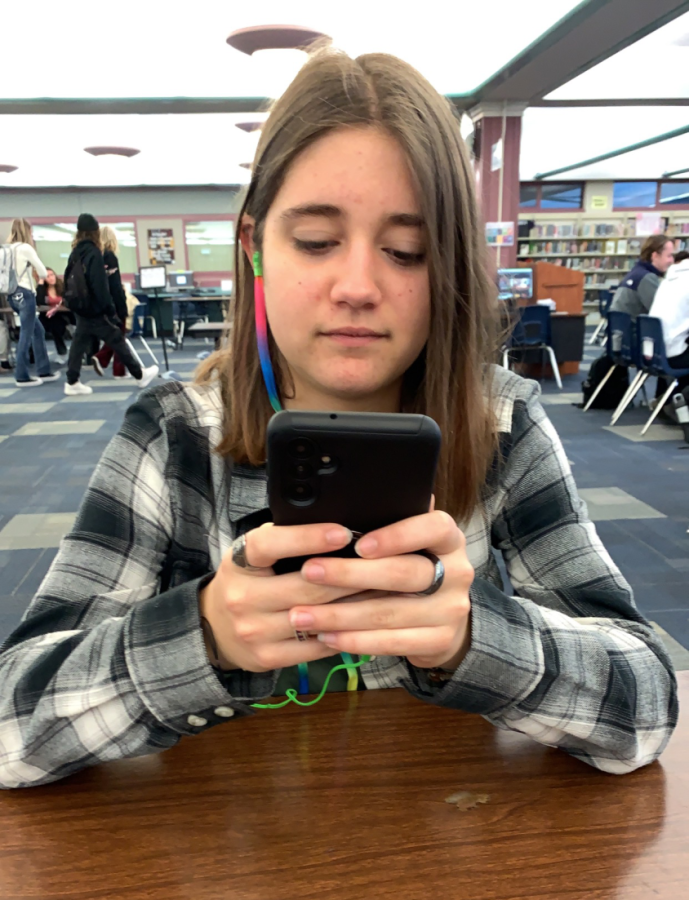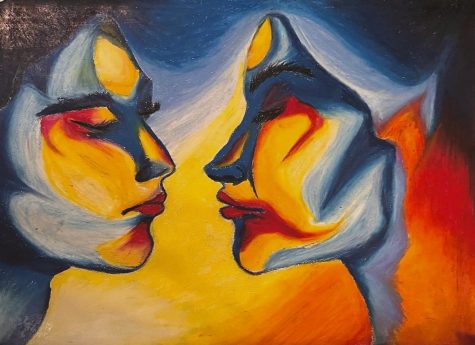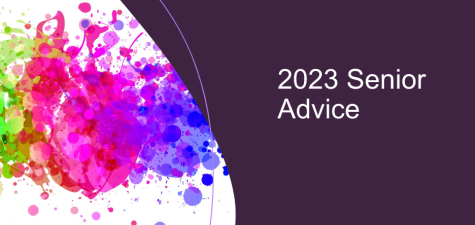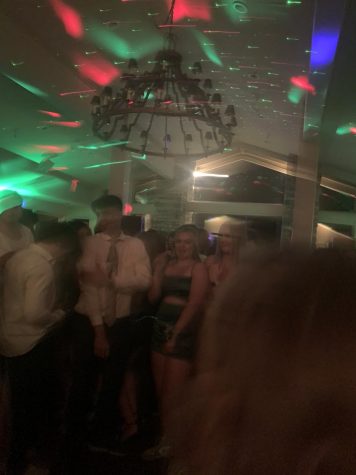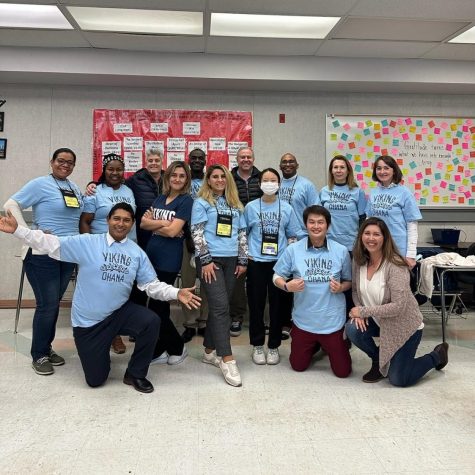How Social Media can be One Click Away From Mental Health Issues
As we continue to grow as a society, the usage of social media grows with us. Currently, it is estimated that about 59% of the world’s population are active users of social media (this is about 460,200,00 people). In the past year, there has been a 5% increase in the number of users on the internet. (The Internet’s History Has Just Begun). Social media is used for many different purposes like socialization, sharing photos, watching videos, etc. While social media does have its positive aspects, there are still undesirable parts to it.
Social media can be the anchor that attaches you to the world and people around you, giving you a chance to see and experience things you wouldn’t be able to otherwise. However, it can also be a driving force toward negative thoughts and mental health issues. It has been said that excessive use of Social media leads to anxiety, depression, low self-esteem, and FOMO (Fear Of Missing Out).
Humans are beings that thrive on the comradery of others. Connections to others have a little bit of control on our mental health. Without this connection, we may feel more alone, scared, and depressed. People use apps like Youtube, Instagram, Facebook, TikTok, Twitter, etc., to find these connections. Though these apps may seem like the easier way to connect with others, they cannot replace the feeling of meeting and talking to people in person. If you strictly rely on online platforms to have relationships with others you may gain a false sense of reality and people as a whole.
Different online platforms also have been found to decrease individuals’ self-esteem. Many people can spend hours scrolling through their online feeds and looking at pictures of others. Naomi Hawley, 8th-grade states, “I probably find myself spending eight hours a day online. I think I’m usually happier when I’m off of it. There is a lot of competition online and I feel like it has definitely given me some self-esteem issues.” People always post about the highs of their lives but never the lows. There is a certain norm in the online world about how bodies should look, so many influencers edit their photos before posting them. People tend to compare themselves to others. So when teens and young adults see people with something they deem as “better”, they tend to become more insecure. Intense insecurity can also lead to other mental health issues like anxiety and depression.
A reason for mental health issues from technology is the lack of face-to-face contact and communication when online. Seeing someone like a friend or family member in person releases stress and boosts your mood more effectively than talking to others online can. When you prioritize socializing with others online over in person, you are risking becoming distant from the outside world and feeling connected to it.
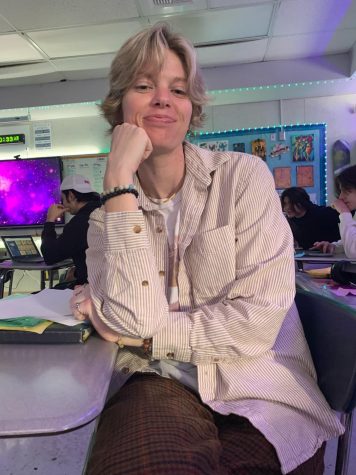
Kelsie (KC) Hansen, an English teacher here at PVHS, has recently shown their students a documentary called, “The Social Dilemma.” Hansen explains that this film is about, “How social media started off as this good thing but it turned into a manipulative machine. It’s all about how our phones are trying to manipulate us. The creators are trying to make our generation aware of how screen time and social sites are detrimental to us.” She believes that the online world is like, “A double-edged sword.” Hansen wanted to show her class this video because they have an agreement in the classroom to be present. “I noticed that a lot of my students are on their phones all the time. I want them to understand that it’s not just a rule in class but it should apply to their everyday life.”
Even Hansen herself has found herself disconnected from the real world because of social media. When asked if she has ever felt low because of the online world she stated, “ For sure, I definitely have. I think that I used to really compare myself to others and then I just disassociated because of it. When I felt upset I would just scroll in an attempt to make myself feel better.” Hansen since then has deleted most social media apps and tries to keep a low screen time. “I like to practice what I preach.”
If social media has so many negative sides to it why do people latch themselves onto it? There are many reasons people are constantly online. Some reasons may be FOMO and using social media as a “security blanket”. People like to feel connected and included in things. Looking at other people and places online makes you feel more active in other people’s lives. When some people feel nervous in social situations or alone, they will open their phones and distract themselves with apps.
Social media gives us many opportunities to see the world through the eyes of others. There are many adventures and lifestyles we can be a part of because of it. Even though there are many positive and exciting aspects that are brought to the table because of social media, remember the negative underlying effects. Next time you are online and feel isolated or sad, call a friend and experience the world through your own eyes.








